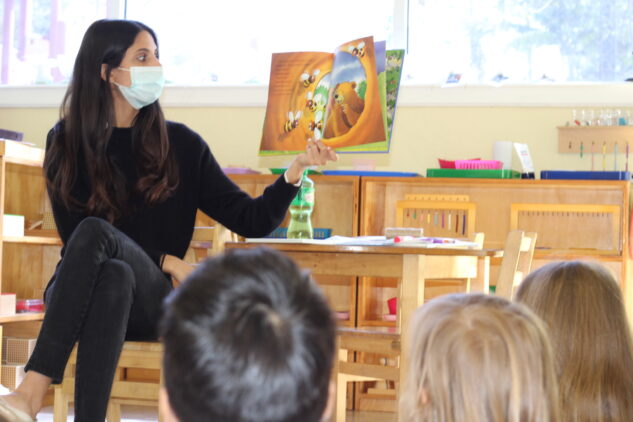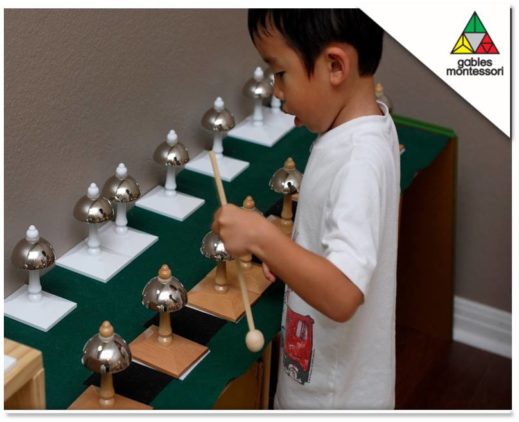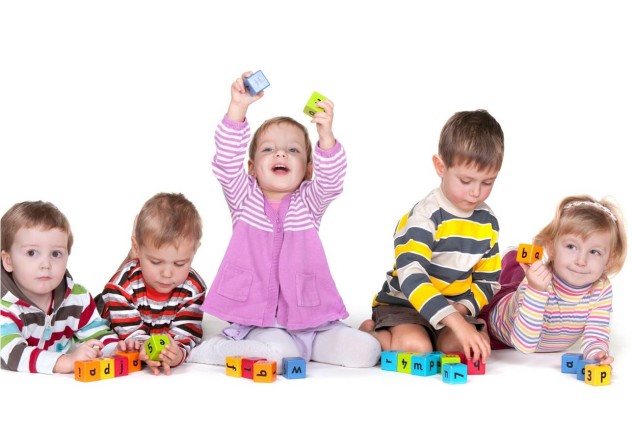The role of teachers in the Montessori system is teaching each child on an individual basis. The method does not impose lessons on anyone, the work is based on guiding and helping each child according to his needs. The guide can not intervene until the child requires it.
María Montessori calls the teacher ¨director¨, and the person has to be internally (spiritually) and externally (methodologically) prepared. This expert should organize the environment to help the child to develop a structured «mind».
Children are plenty of possibilities. The “director¨ is the responsible person for showing children the way to their development. The director has to believe in the ability of each child to respect the different rhythms of development. This practice allows integrating different types of children in the same group (those who learn slowly with those more advanced). The Montessori´s idea is to let the child feel being able to act without constantly relying on an adult to develop his curiosity and creativeness and learn to think for himself.








